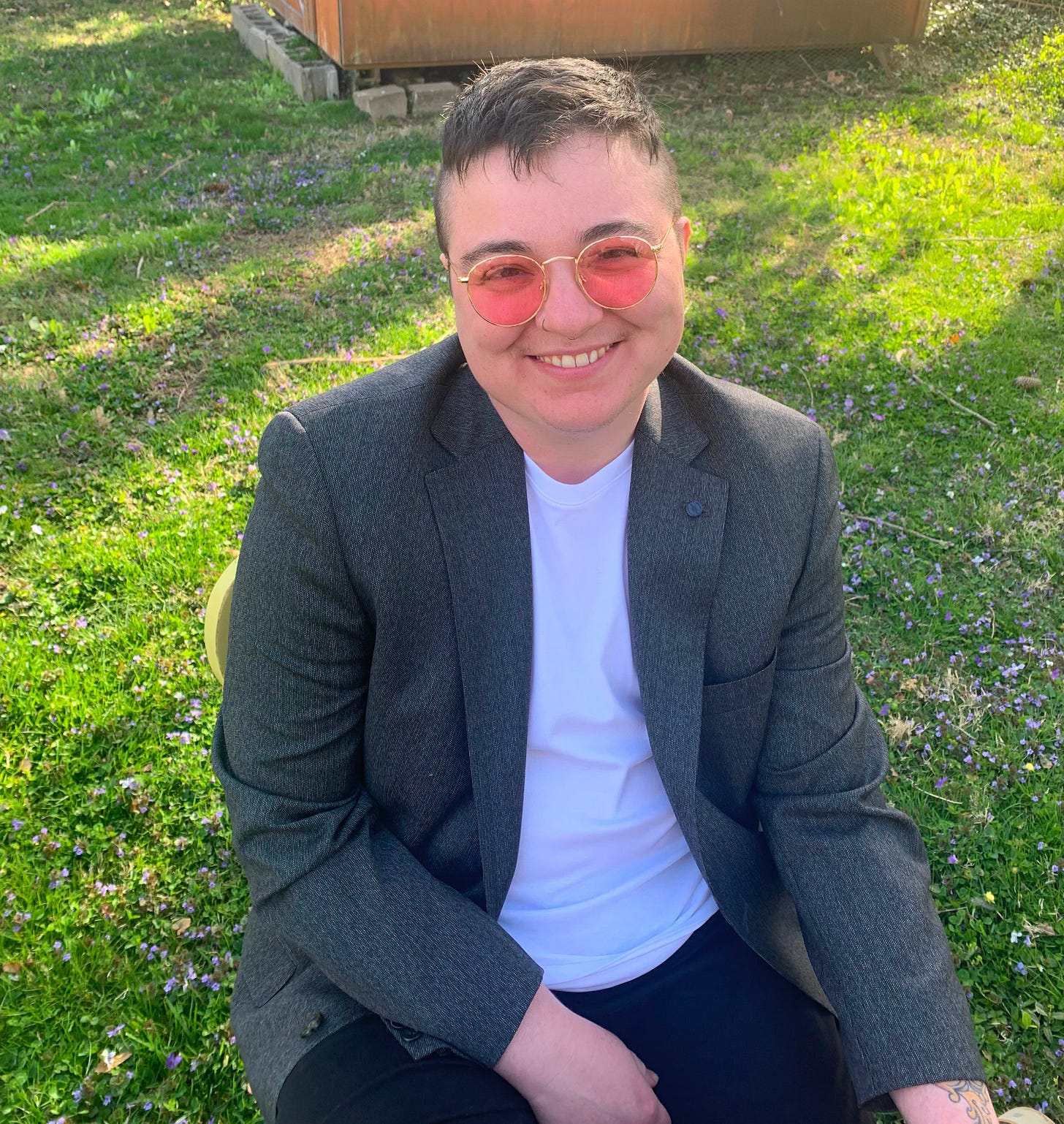Why I Wear Rose-Colored Glasses
On Gender, (Dis)Honesty and (Mis)Fortune
Growing up, I didn’t know it, reader: the fact that I was an object of envy. As I got As and scholastic awards and other creative and academic opportunities, I didn’t know that others in the world watched me with a blend of annoyance and bitterness that frequently sharpened to a point of righteous indignat…
Keep reading with a 7-day free trial
Subscribe to The Cosmic Cheeto to keep reading this post and get 7 days of free access to the full post archives.



